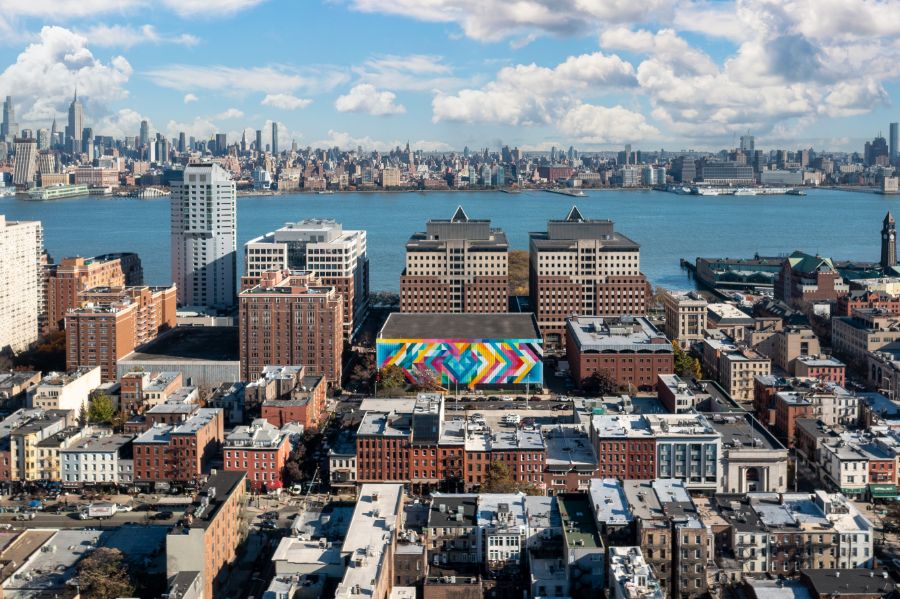Gregory Heym is Chief Economist at Brown Harris Stevens. His weekly series, The Line, covers new developments to the economy, including trends and forecasts. Read on for the latest report and subscribe here to receive The Line in your inbox.
Consumer prices were 8.3% higher in April than a year ago, down slightly from last month’s level, but still above economists’ expectations. Core inflation—which excludes food and energy prices— rose 6.2%, which was also slightly higher than expected. The takeaway from this report really depends on how you look at the data. Here’s the good news:
- The annual pace of inflation fell from 8.5% in March to 8.3% last month.
- Prices rose just 0.3% in April, the lowest monthly increase since last August.
- Energy prices fell 2.7% last month.
Now, for the bad news:
- Inflation is still running near a 40-year high level.
- Core inflation rose by 0.6% in April, double March’s monthly increase.
- Shelter costs, which make up about one-third of the CPI data, rose at their fastest rate since 1991.
So, while the headline inflation number did drop a bit, the jump in core inflation from the prior month tells us that we can’t say inflation has peaked just yet.
More NYC Workers Return to their Offices

The latest survey from the Partnership for New York City found that 38% of Manhattan office workers are in their office on an average weekday. This is the highest percentage since they began these surveys in August 2020. Here are some of the other key findings:
- Just 8% of workers are in the office five days a week.
- The percentage of fully remote workers fell to 28%, from 54% in October 2021.
- Companies expect that after Labor Day, 49% of their workers will be in the office on an average weekday.
- 78% of companies surveyed said a hybrid office model will be their predominant policy going forward, compared to just 6% before thepandemic.
- Employers are committed to NYC, as 58% expect headcount to increase or stay the same over the next five years.
'If Economists are So Smart, Why Ain't They Rich?'

The above is the title of an article by New York Times opinion writer Peter Coy, in response to comments he received from a newsletter about how economists think differently from "ordinary" people. Not surprisingly, this got my attention immediately, as an economist who believes he’s smart—at least that’s what my mother told me. The author presents five theories on why economists aren’t rich, some of which even he doesn’t believe.
So why aren’t all economists rich? Here are theories I agree with:
- Economists aren’t trying to be rich.
- Economists are too good at economics.
I really like my job. I’m not just saying that because my bosses might be reading this; I actually mean it. I enjoy working with data, but even more than that, I enjoy explaining it to real estate brokers. I love teaching economics and speaking at sales meetings and REBNY.
So many people I know don’t enjoy what they do, so I consider myself lucky to have a career that interests and challenges me. And after 30 years as an economist, I know I’m good at it—and obviously very humble as well.
But my real comment about the article is: Since when does everyone have to be rich? I learned from my dad a long time ago that happiness is more about family and relationships than money. To be fair, I should point out here that economists make pretty good money—49th on Indeed.com’s list of highest-paid jobs.
Sure, as a kid I dreamed of pitching for the Yankees or starting the next great rock band. But as an economist, I learned I can still be a bit famous, and manage to pay the bills.



